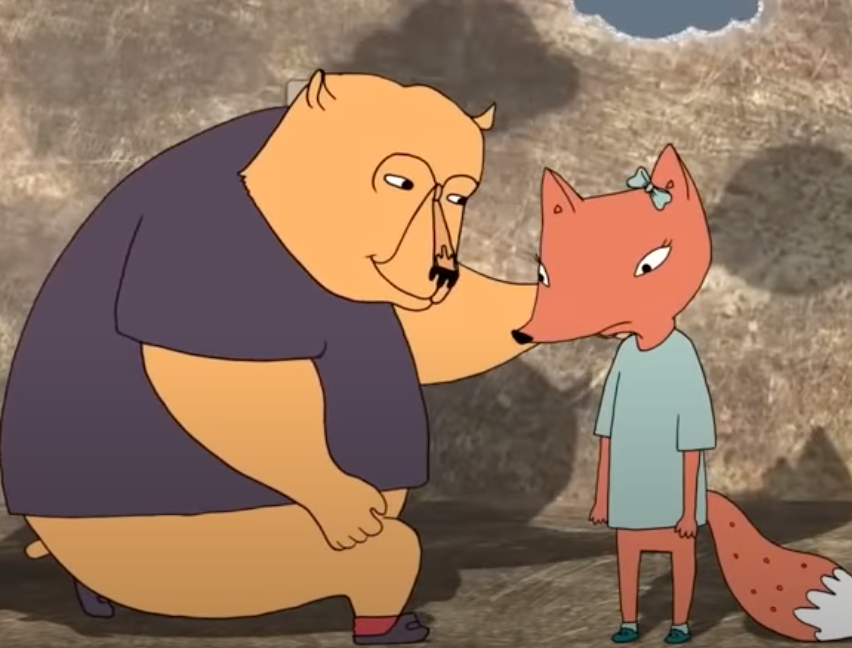Empathy
I’ve been a musician for very nearly forty years, and while it’s never been easy, I feel confident saying that comedy is by far and away the more difficult of the performing arts. Playing music is a relatively safe bet compared to trying to fill the moments between tunes with witty, insightful banter — and if experience has taught me nothing else, an audience will always prefer a light, amusing anecdote to a dry, pedantic explanation of something you just played. It is incredibly hard to make people laugh, and when that is your one job, on a stage, it is harder than anything else to deliver bar none.
I hold wit and humor among the noblest of attributes, because while one can be very smart and not particularly funny, you can not be funny and stupid. Intelligence is not simply a product of one’s education; that is, attending a good school does not guarantee a smart person. Rather, it is shaped by curiosity, open-mindedness, critical thinking, and a willingness to admit when you’re wrong. Above all else it requires empathy. It is the primary reason you find so few truly funny people in the conservative far-right movement. Take a moment and try and think of an actually funny far-right, conservative personality. I would argue they don’t exist.
Because, to be a conservative in the modern political climate—that is to be in opposition to groups of people not because of some actual, measurable impact their lifestyles or indeed, their very lives have on you and your community, but simply because you don’t agree with those lifestyles or believe those lives to have intrinsic value—is to profoundly lack empathy.
Furthermore, you can only successfully poke fun at a person, place, or thing when you fundamentally understand it, or them, and can relate. This is where conservatives consistently fail. In the rare instance they face consequences for saying deeply offensive things, they respond with I was only joking! One of the oldest lessons there is: if you have to explain the joke, it wasn’t funny. Their attempts at humor amount to childish taunting or full-blown cruelty and abuse. Sincerity only manifests as a genuine desire to shame and embarrass whoever happens to be their target. When no one laughs, they lash out saying you’re too woke to get it.
Conversely, being able to take a joke — to be on the receiving end of some good-natured and more importantly, deserved ribbing — shows emotional maturity. To take a joke means you have self-awareness, an understanding of yourself and your place in the world. Getting dunked on can be very cathartic, and, actually very funny.
Everyone finds themselves at the butt of a joke once in a while, guilty of a double-entendre or whatever. Hopefully we can embrace it, because laughter is one of the best stress releases there is. It gives us permission to not take ourselves so seriously, to laugh at a misstep rather than torment ourselves for days, months, or years (which is my personal poison of choice, incidentally). Far better (and healthier) to laugh than become defensive or self-destructive.
That I believe comedy to be the most difficult art form there is and necessitates empathy is not to say that other art forms—music, dance, visual arts, acting, etc—don’t similarly benefit from empathy. Without a human connection—like art created by AI, or by bean-counters who are only interested in profit—art is cold and soulless, despite technical prowess. Art and empathy are interdependent.
More importantly though, is that art, like empathy, can be taught. However, in order to teach art, art must be valued beyond what it shows on a ledger. It should go without saying, but the value of art is intangible.
Kelly Pollock, former executive director of the Center of Creative Arts said:
The true purpose of arts education is not necessarily to create more professional dancers or artists. [It's] to create more complete human beings who are critical thinkers, who have curious minds, who can lead productive lives.
Some people are born naturally more empathic than others, the same way some people may have a natural ear for music. Exposure to the arts in our formative years cultivates that connective tissue between our heads and our hearts, which should be seen as a positive attribute, regardless of your chosen path in life. Problem solving and communication with empathy results in win-win situations. Isolationism and selfishness only benefits at the expense of others—a zero-sum game. Put another way, win-lose is always lose-lose.
We are losing our ability to connect and understand our fellow human beings and truly, the natural world, at a catastrophic and global scale. At some point in human history, we began to value and even glorify violence and bullying as “strength” and see compassion, kindness and generosity as “weakness”. Because empathy is ultimately vulnerability writ large.
I’m not writing this because I have a solution. The best I can offer is a warning: that the continued devaluation of art—that which makes us the most human in my humble opinion—is a dangerous slope from which I fear there is no recovery. Not within one generation anyway. The monetization of literally aspect of what makes us unique as a species is destructive and ultimately moves us further away from becoming a better version of ourselves.
More anon,
Hanz
